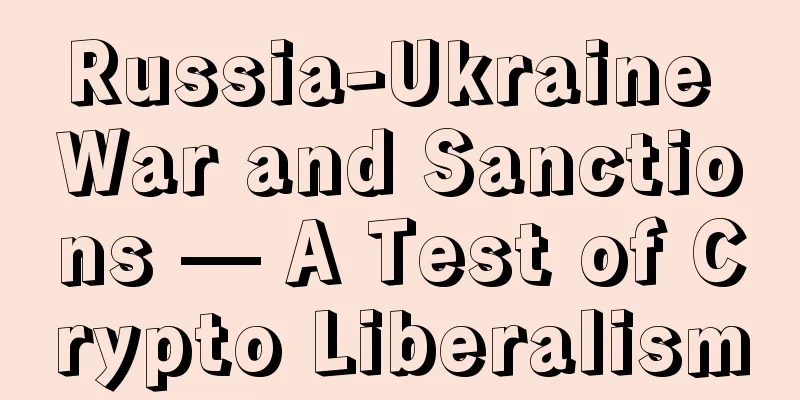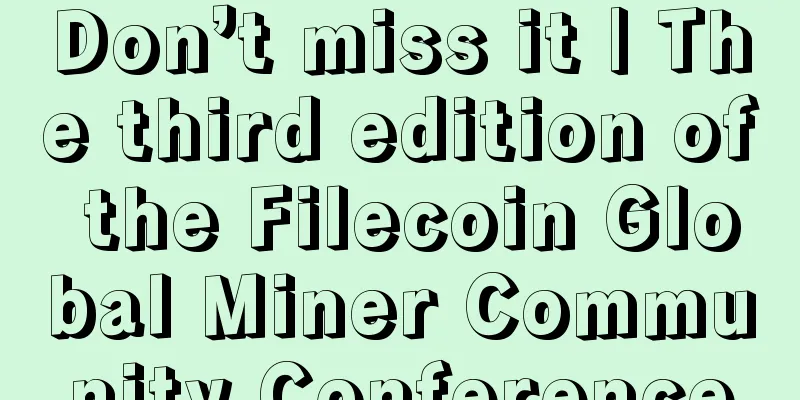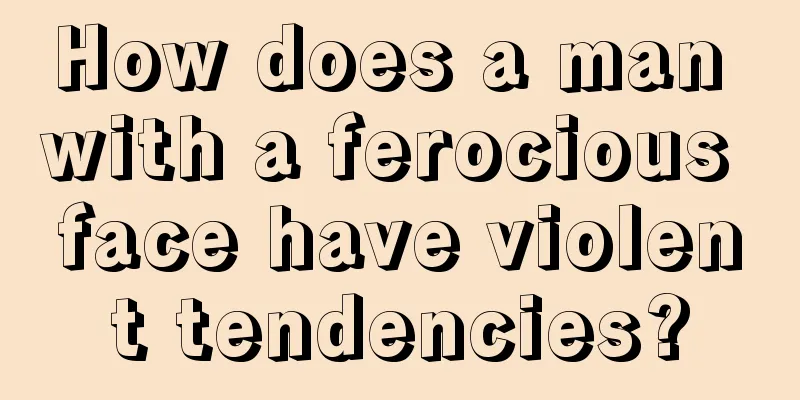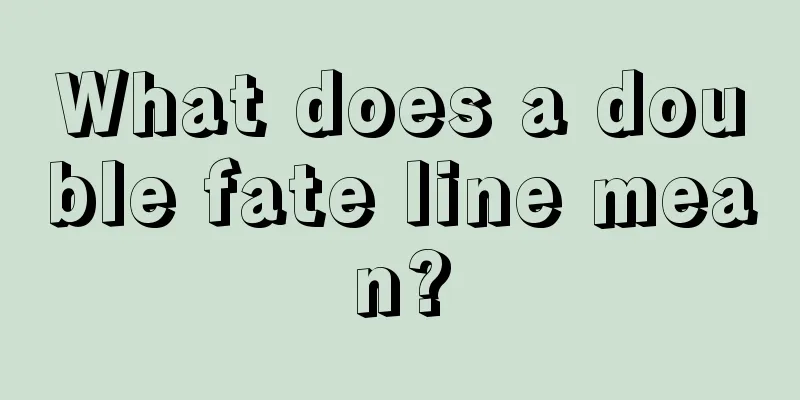Russia-Ukraine War and Sanctions — A Test of Crypto Liberalism

|
As the Ukrainian government raises funds through cryptocurrencies and Russia is excluded from the international financial system, the "liberalism" advocated by cryptocurrencies has been put to the test. Years from now, when we look back at how cryptocurrencies became integrated into the global economy, the Russia-Ukraine conflict will be seen as a turning point. On the one hand, there was an unprecedented phenomenon: the beleaguered European government crowdfunded its arms purchases with donations from around the world, demonstrating not only the ability of cryptocurrencies to transfer funds peer-to-peer on a global scale, but also the power of decentralized actions as decentralized autonomous organizations (DAOs), and the high efficiency of the crypto community. At the same time, the West moved quickly to cut Russian banks off from the SWIFT financial system, giving people a crash course in the alternatives that cryptocurrencies can offer to transfer funds in the existing international financial system. More importantly, people will have to consider the value proposition of cryptocurrency and what it means to accept it. Crypto represents financial freedom, its narrative has always been closely tied to freedom, and at least now we have a vivid scenario to help people understand it. I hope this will not only help them see the potential of crypto technology to change entrenched traditional paradigms, but also consider with a more open mind the challenges it poses to existing priorities and assumptions. The issue of libertarianism has been thrust into the spotlight by decisions by crypto exchanges such as Kraken and Binance, which rejected Ukraine’s request to indiscriminately ban transfers to all Russian accounts. Former U.S. Secretary of State Hillary Clinton told Rachel Maddow she was disappointed that some “so-called cryptocurrency exchanges are refusing to end their dealings with Russia because of some kind of libertarian philosophy.” This may make sense to you. After all, the accusations between the two warring forces in this conflict are pretty much black and white. So why let the cryptocurrency flow to Bitcoin and Ethereum addresses in Ukraine while the Russian people suffer? What’s the problem here? The problem is that this isn’t just about blocking the assets of Russia’s central bank or seizing the luxury yachts of Putin’s cronies under sanctions. A full blockade of Russian crypto accounts would cut off the lives of millions of ordinary citizens, many of whom are now desperate for money as the panic caused by sanctions has drained cash from ATMs and caused the ruble to plummet, an indirect blow to Russian citizens and sanctions. Of all those who have had their funds cut off, it’s impossible to determine who supports the war. Many believe that crypto-related controversies run much deeper in Russia than the thousands of brave people who participated in protests in Moscow and were arrested as a result. Given the Russian authorities’ indifference to Bitcoin, it’s reasonable to assume that Putin’s domestic cronies are not big cryptocurrency users. At the same time, as Blockchain Association General Counsel Jake Chervinsky and others have pointed out, there are many reasons why it would be nearly impossible for the government to use cryptocurrency to avoid sanctions in any meaningful way. All of this brings up a larger point: The raison d’être of cryptocurrency is to be a store of value and medium of exchange that people can freely use without outside interference. The moment something is artificially blocked, for whatever reason, that higher purpose is lost. To be sure, every time a Bitcoin user moves funds from a self-custodial wallet to a centralized custodial exchange like Kraken/Binance to buy or sell fiat, they are abandoning a self-governing model built on the spirit of crypto freedom. However, the most successful among them are trustworthy because they are imbued with the same spirit and are philosophically and economically aligned with this belief (and are harshly condemned if they deviate). Therefore, those officials should recognize and support the principled stance these exchanges take toward their users. My own support for it, by the way, is not rooted in “some libertarian philosophy or something” but in practical reality — to quote pseudonymous Web 3 thought leader 6529: “Without freedom of exchange, there are no other substantive constitutional rights.” It’s all well and good for governments to claim to support free speech, but if they prevent citizens from getting or sending money to pay for computers or internet access, they are effectively denying that right. Comment 6,529 was trending due to the community’s opposition to Canada forcing exchanges to block cryptocurrency donations to trucker protests — but this example seems insignificant compared to the crisis the world is currently facing. It is hard to find anything positive to come out of Ukraine’s horrors, but if anything, it might be that Russia’s despicable behavior rekindles Western enthusiasm for the freedoms that people deserve, and a recognition that we must unite to fight to protect them. I hope that the recognition of encryption as a tool to promote and protect financial freedom can truly begin from this moment. By Michael J. Casey From Coindesk Compiled and edited by: Mary Liu |
Recommend
Can a mole on the root of the nose be removed? What are the consequences?
Nowadays, people attach great importance to their...
People with downward mouth corners
For some people, if they don’t smile, the corners...
What are the facial features of men with bad character? These men should pay attention to them
A person's character is very important and pl...
Australian data center operator to build first solar-powered Bitcoin mine
According to CCN, an Australian data center opera...
Is it good to have a mole on the chin? What does hair growing on a mole on the chin mean?
We all know that having moles on the face is a ve...
A five-minute overview of DEX, the "second world" outside of Ethereum
Source: Lao Lu's blockchain notes, edited, cl...
It only takes three simple steps to popularize Bitcoin
As a new generation of currency, Bitcoin is super...
The fate of a woman can be seen from her lips
The fate of a woman can be seen from her lips Lip...
How is the fortune of people with round chin in middle age?
Middle age is the most critical period of time, b...
How to check a woman's marriage line on her left or right hand
As the name suggests, the marriage line is a line...
Mole location and destiny - what does it mean for a woman to have moles around her eyebrows
Women with moles at the end of their eyebrows may...
What does a mole on the neck mean?
What does a mole on the neck mean? Mole in the mi...
Blockchain, is Jack Ma’s enemy coming?
In 2015, blockchain became the sector with the hi...
Palmistry diagram: which women are suitable for late marriage?
Nowadays, more and more women devote their youth t...
What does the length of your toes mean?
1. Represents good fortune In palmistry, we can t...









